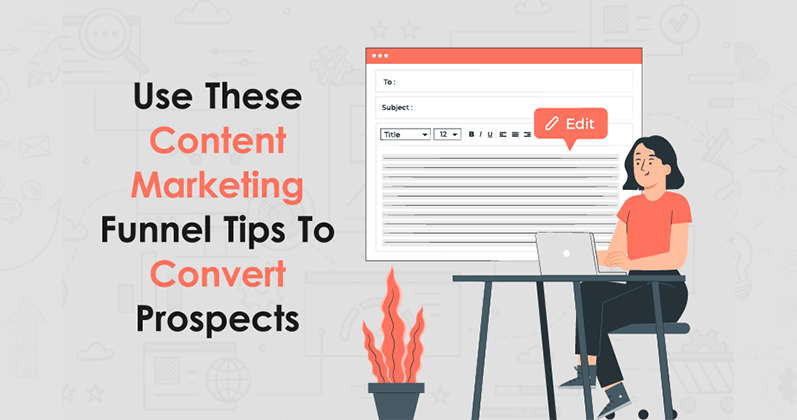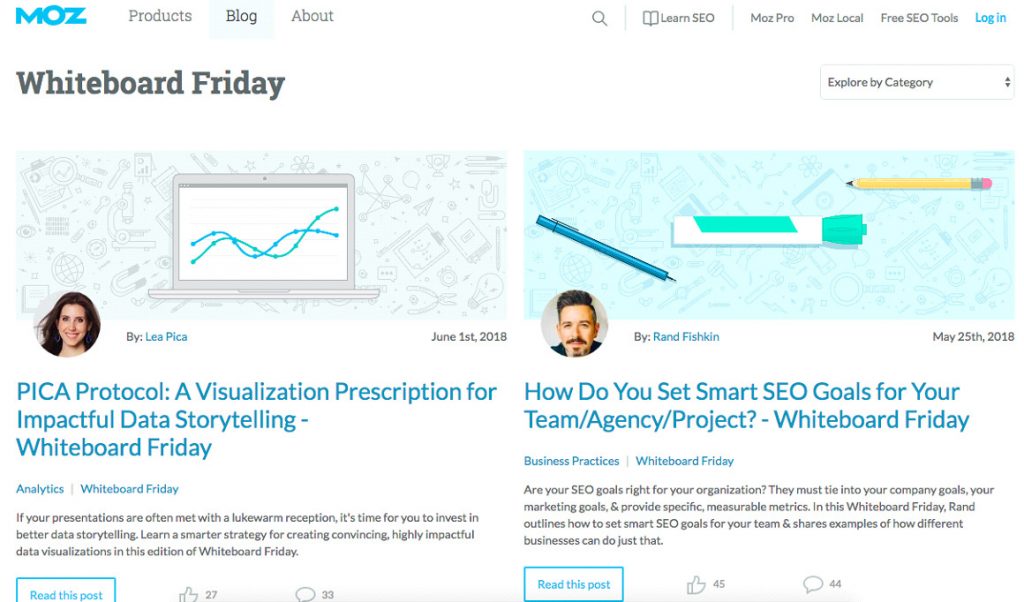Types of Searches Triggering AI Overviews
To understand when to trigger an AI Overview, Google’s algorithms analyze a variety of factors related to the search query. Here are some common types of searches that trigger an AI Overview.
Complex Questions
One of the primary types of searches that frequently trigger AI Overviews is complex questions. These are queries that need multiple pieces of information or involve intricate relationships between different concepts. Examples of complex questions that might trigger AI Overviews include:
- “What are the key differences between artificial intelligence and machine learning?”
- “How does climate change impact global food security?”
- “What are the main factors influencing economic growth in emerging markets?”
When users search for complex questions, Google’s AI algorithms identify the need for a complete and informative overview. This allows the search engine to provide a short summary that directly answers the user’s query rather than simply listing relevant websites.
Informational Queries
AI Overviews can also be triggered by informational queries. These are searches that aim to provide users with fractal information on a specific topic. Examples of informational queries are:
- “Who was the first person to walk on the moon?”
- “What is the capital of Australia?”
- “When was the American Civil War fought?”
Informational queries usually include straightforward questions with well-defined answers. Google’s AI algorithms can easily identify and process these queries. They then generate AI Overviews that provide the requested information.
Commercial Queries
Although AI Overviews are primarily designed to provide informational content, they can also be triggered by commercial queries. These are searches related to products, services, or businesses. Examples of commercial queries include:
- “Best laptops for students”
- “Top-rated smartphones of 2024”
- “Find a nearby restaurant”
However, commercial queries may not always result in AI Overviews. They can be particularly effective when users are looking for quick and easy answers to specific questions. For example, if a user searches for “What is the closest grocery store to me?” Google’s AI algorithms may generate an AI Overview that provides the address and contact information of the nearest store.
The types of searches that trigger AI Overviews can change over time as Google’s AI algorithms continue to improve. As search engines become more advanced, they may be able to identify and generate AI Overviews for more types of queries.















